AIBE Constitutional Law Questions & Answers can be solved correctly by choosing the right resources, practising previous years and mock papers and by thorough understanding of AIBE Constitutional Law syllabus.
Table of Contents
AIBE constitutional law Questions and answers help to assess a candidate's readiness for the forthcoming XXIth All India Bar Examination (AIBE). The 23 questions from the topics like Constitutional Law, IPC, Cr PC, IPC, Evidence Act, etc, might evaluate the applicant's foundational understanding of legal subjects and critical thinking abilities.
In order to pass the AIBE XXI Exam in 2026, the Constitution subject in the AIBE XXI can be quite important. Additionally, applicants can review their answers to AIBE XXI Practice Questions, with the correct answers provided at the conclusion, to assess their performance.
Top 23 Important AIBE Constitutional Law Questions & Answers
The top 23 important questions from various topics of the Constitution are listed below for candidates' practice:
Ques 1: Indra Sawhney V/s Union of India is popularly known as
(a) Judges Transfer Case
(b) Illegal Detention case
(c) Mandal Commission case
(d) Constitutional case
Ans: Judges Transfer Case
Ques 2: Reasonable restrictions can be imposed on the right of free movement
(a) In the interest of the general public
(b) In the interest of political leaders
(c) In the interest of women’s safety
(d) All of the above
Ans: In the interest of women’s safety
Also Check: Is There Negative Marking in AIBE Exam?
Ques 3: Which of the following provisions of the Constitution of India provides for the constitution of Panchayats?
(a) Article 243F
(b) Article 243H
(c) Article 243B
(d) Article 243E
Ans. Article 243B
Ques 4: Which is the authority that determines the language of the Court other than the High Court within a given State, under Section 271 of Cr. PC
(a) State government
(b) Central government
(c) Supreme Court of India
(d) Both (a) and (b)
Ans: State government
Ques 5: A decree can be
(a) Final
(b) Preliminary
(c) Only Preliminary not final
(d) Either preliminary or final
Ans: Either preliminary or final
Also Check: Life as a Law Student: 7 Things You Really Have to Know
Ques 6: Under Civil Procedure Code find the incorrect match
(a) Section 5... Revenue Court
(b) Section 7.... Provincial Small Causes Court
(c) Section 9...Pecuniary Jurisdiction of Courts
(d) Section 8...Presidency Small Cause Courts
Ans: Section 8...Presidency Small Cause Courts
Ques 7: Provisions of Section 10 of CPC are:
(a) Directory
(b) Mandatory
(c) None- Mandatory
(d Discretionary
Ans: Mandatory
Ques 8: A offers a bribe to B, a public servant, as a reward for showing A some favour in the exercise of B's official functions. B accepts the bribe
(a) A has abetted the offence defined in Section 160, IPC
(b) A has abetted the offence defined in Section 161, IPC
(c) A has abetted the offence defined in Section 162, IPC
(d) A has abetted the offence defined in Section 163, IPC
Ans: A has abetted the offence defined in Section 162, IPC
Ques 9: Under the provision of the code of criminal procedure, 1973
(a) Summons can be oral
(b) Summons cannot be served on corporate entities
(c) Summons are either for appearance or for producing a document/thing
(d) Summons can be served to servants in case the person on whose name summons are made cannot be found
Ans: Summons can be oral
Ques 10: The Indian Evidence Act came into force on
(a) 6th October, 1860
(b) 1st March, 1974
(c) 15th March, 1872
(d) 1st September, 1872
Ans: 6th October, 1860
Also Check: AIBE Previous Year Paper Analysis: Question Trends, Difficulty Level & Key Takeaways
Ques 11: Provisions for Right of Private Defence is given between --- of IPC.
(A) Sections 74-84
(B) Sections 96-106
(C) Sections 107-120
(D) Sections 141-160
Ans: Sections 96-106
Ques 12: Punishment for Defamation under Indian Penal Code is simple imprisonment for a term 16 which may extend to
(A) 2 Years or with fine or with both.
(B) 3 Years
(C) 4 Years
(D) 5 Years
Ans: 2 Years or with fine or with both.
Ques 13: A places men with firearms at the outlets of a building and tells 'Z', that they will fire at Z, if 'Z' attempts to leave the building. 'A' is guilty of
(A) wrongful confinement
(B) wrongful restraint
(C) Both wrongful confinement and wrongful restraint
(D) None of these
Ans: wrongful confinement
Ques 14: The provision of "Plea Bargaining' under chapter XXIA of CrPC are not applicable if the offence is committed against a child below the age of
(A) 12 years
(B) 14 years
(C) 16 years
(D) 18 years
Ans: 12 years
Ques 15: Who has the power of summary trial of a case ?
(A) Chief Judicial Magistrate
(B) Metropolitan Magistrate
(C)Any Magistrate
(D) all of these
Ans: All of these
Also Check: Effective Revision Strategies for Law Subjects Before AIBE Exam
Ques 16: Criminal Procedure Code is a subject of
(a) Concurrent list
(b) State list
(c) Union list
(d) None of the above
Ans: Concurrent list
Ques 17: Under Section 3 of the Commission of Inquiry Act 1952, an Inquiry Commission is appointed by
(a) Central government or State government
(b) Union Public Service Commission
(c) State Public commission
(d) Supreme Court of India
Ans: Central government or State government
Ques 18: Bailable and Non-Bailable offence has been defined in
(a) Section 2 ( a) of Cr.PC
(b) Section 2 (b) of Cr. Pc
(c) Section 2 (c) of Cr. Pc
(d) Section 20 of IPC
Ans: Section 2 ( a) of Cr.PC
Ques 19: Under Section 21 of Cr.PC, Special Executive Magistrate may be appointed by
(a) Central Government
(b) High court
(c) Supreme Court
(d) State Government
Ans: State Government
Ques 20: Cheque bouncing cases charged U/s. 138 of Negotiable Instruments Act is trialed by
(a) Bank Tribunal
(b) Consumer Forum
(c) Magistrate Court
(d) Sessions court
Ans: Magistrate Court
Also Check: AIBE XXI 2026 Certificate of Practice: How to Apply, Documents Required & Issuance Timeline
Ques 21: The petitioner, a professor of political science who had done substantial research and was deeply interested in ensuring proper implementation of the constitutional provisions, challenged the practice followed by the state of Bihar in promulgating a number of ordinances without getting the approval of the legislature. The court held that the petitioner, as a member of the public, has ‘sufficient interest’ to maintain a petition under Article 32 – This relates to the case of
(a) Parmanand Katara Vs Union of India - AIR 1989, SC 2039
(b) D.C.Wadhwa Vs State of Bihar, AIR 1987 SC 579
(c) Neeraja Choudhari Vs State of Madhya Pradesh AIR 1984SC1099
(d) Chameli Singh Vs State of U.P. AIR 1996, SC1051
Ans: D.C.Wadhwa Vs State of Bihar, AIR 1987 SC 579
Ques 22. In which of the following judgment Hon'ble Apex Court issued directions to all the States and the Union Territories to consider the plight of acid attack victims and take appropriate steps with regard to the inclusion of their names under the disability list:
(a) Parivartan Kendra v. Union of India (2016) 3 Supreme Court Cases 571
(b) Common Cause v. Union of India, (2016) 2 Supreme Court Cases 705
(c) Prakriti v. Union of India, (2016) 2 Supreme Court Cases 653
(d) Saraswati Astha Kendra v. Union of India, (2016) 2 Supreme Court Case 630
Ans : Parivartan Kendra v. Union of India (2016) 3 Supreme Court Cases 571
Ques 23. The Tenth Schedule of the Constitution provides for
(a) Disqualification on grounds of defection
(b) Union list
(c) Administration of tribal areas
(d) Allocation of seats in the Council of States
Ans : Disqualification on the grounds of defection
Also Check: Important Bare Acts for AIBE Exam
Preparation Tips for AIBE Constitutional Law Questions & Answers
The preparation tips for AIBE 20 Constitutional Law questions & answers are listed below:
- Understand the Syllabus: Learn about the subjects listed by the Indian Bar Council for the AIBE.
- Examine the Bare Act: Your main source of information is the Indian Constitution's Bare Act. Recognise the ramifications of each piece.
- Study case law: Seminal rulings such as Minerva Mills, Kesavananda Bharati, and Maneka Gandhi offer a fuller understanding of constitutional issues.
- Mock tests for practice: Accuracy and speed will increase with regular practice of AIBE Constitutional Law Questions and Answers.
- Make use of charts and mnemonics: Make complicated clauses simpler by coming up with acronyms or graphics.
- Regular Revisions of Notes: To remember information, review important clauses, changes, and case laws on a regular basis.
Also Read: Important Topics for AIBE

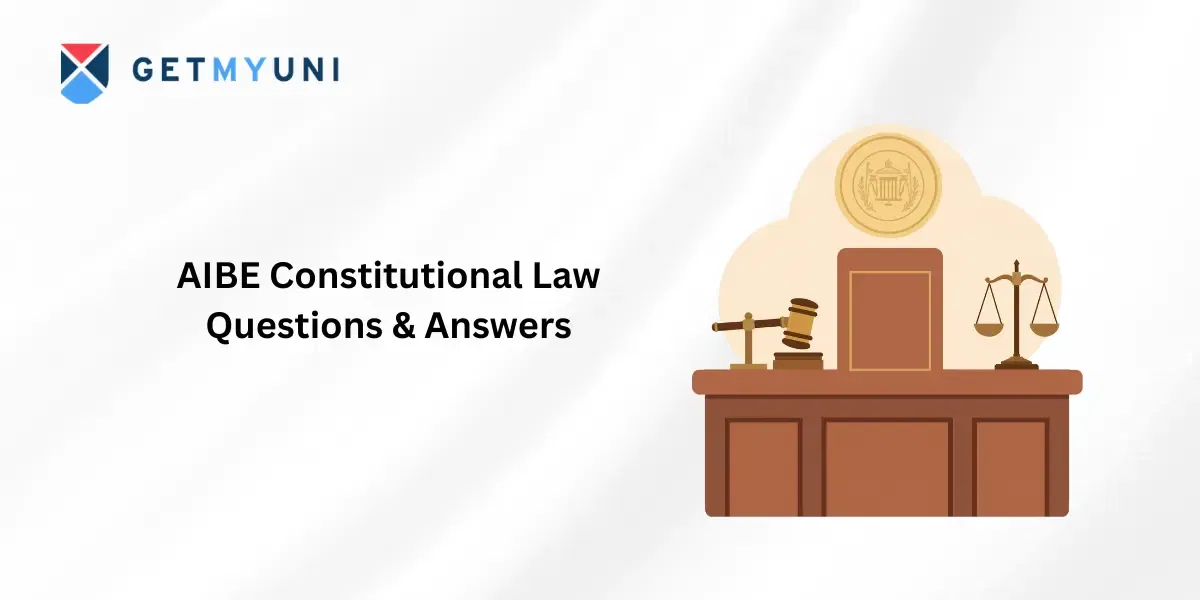
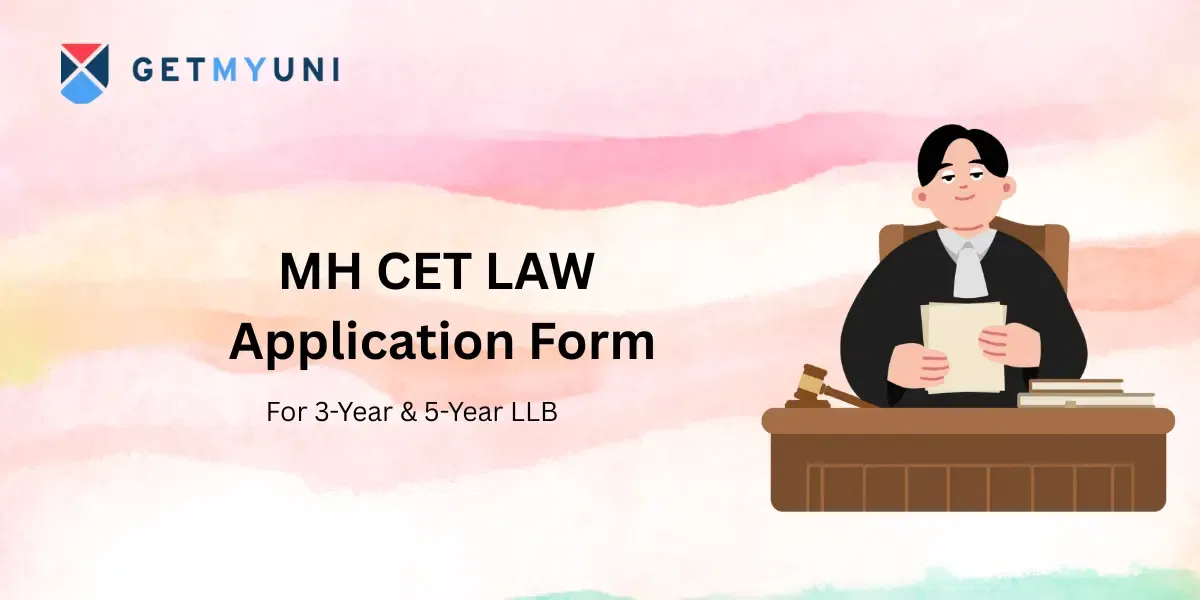
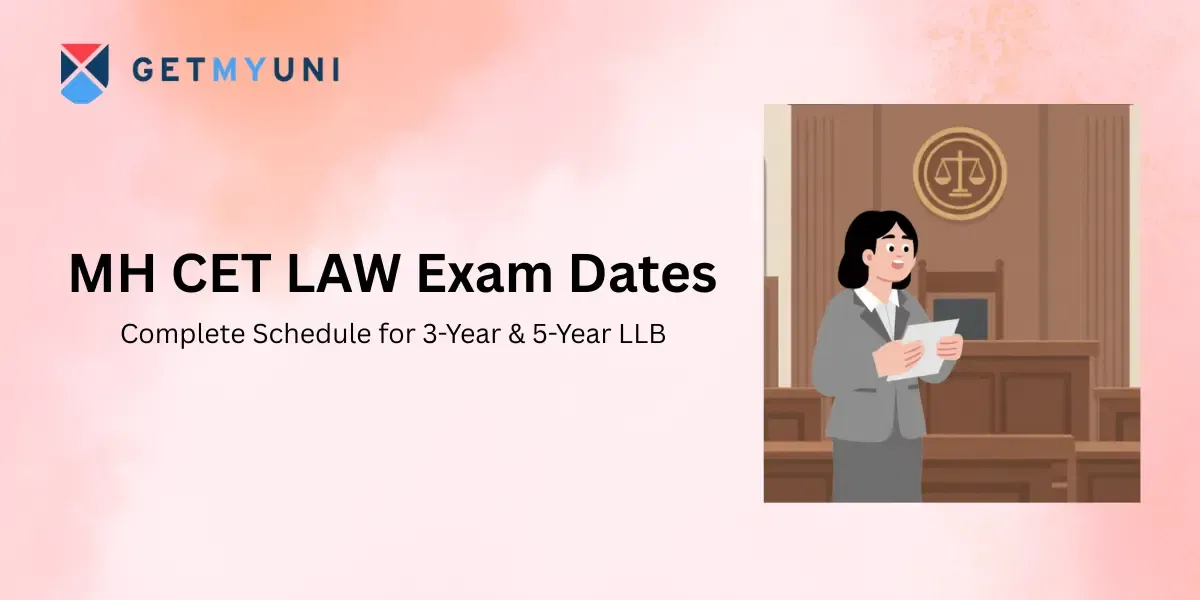
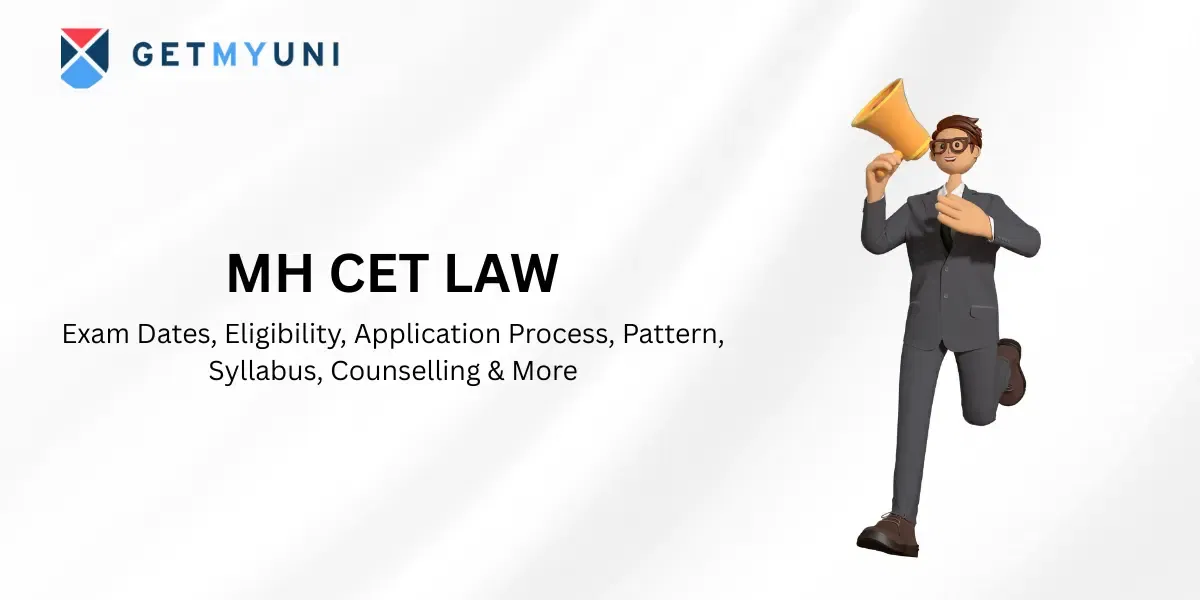
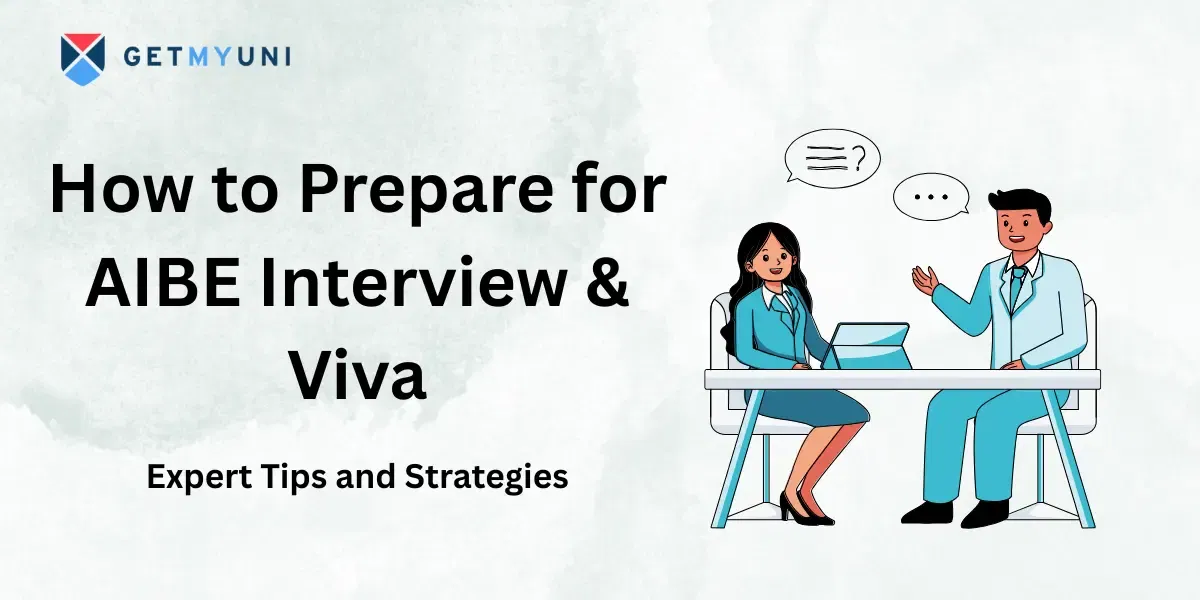
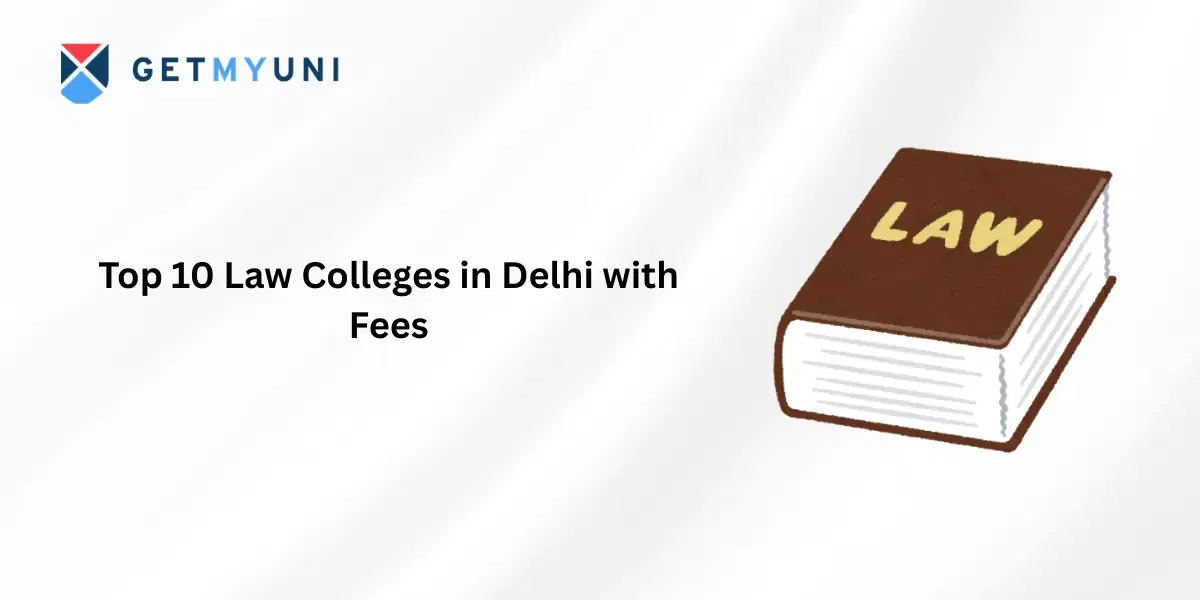
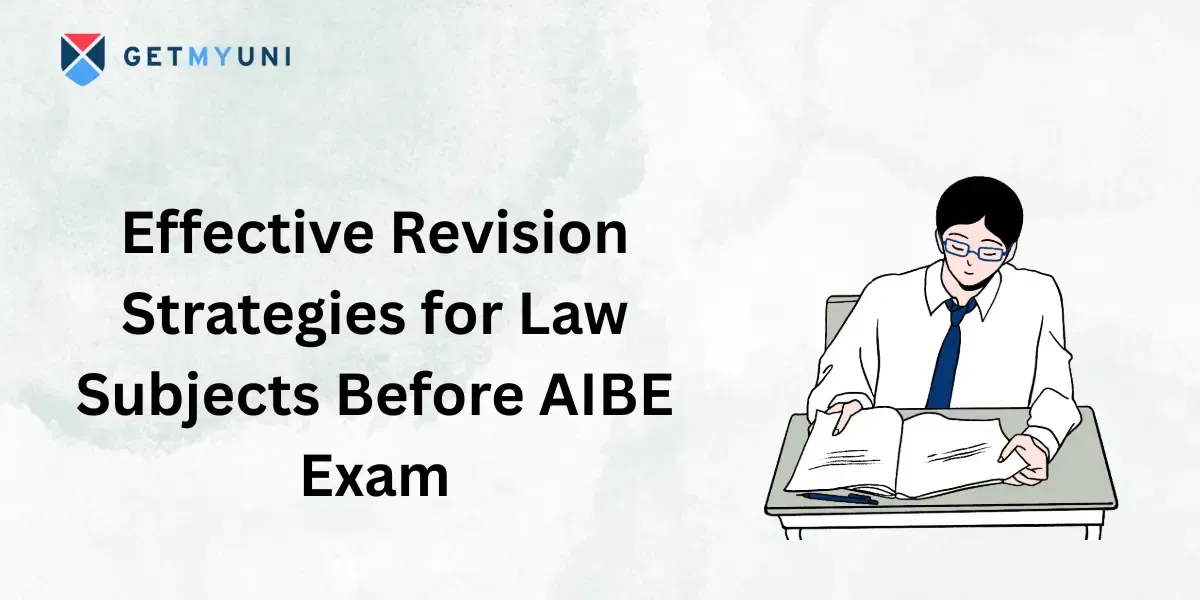
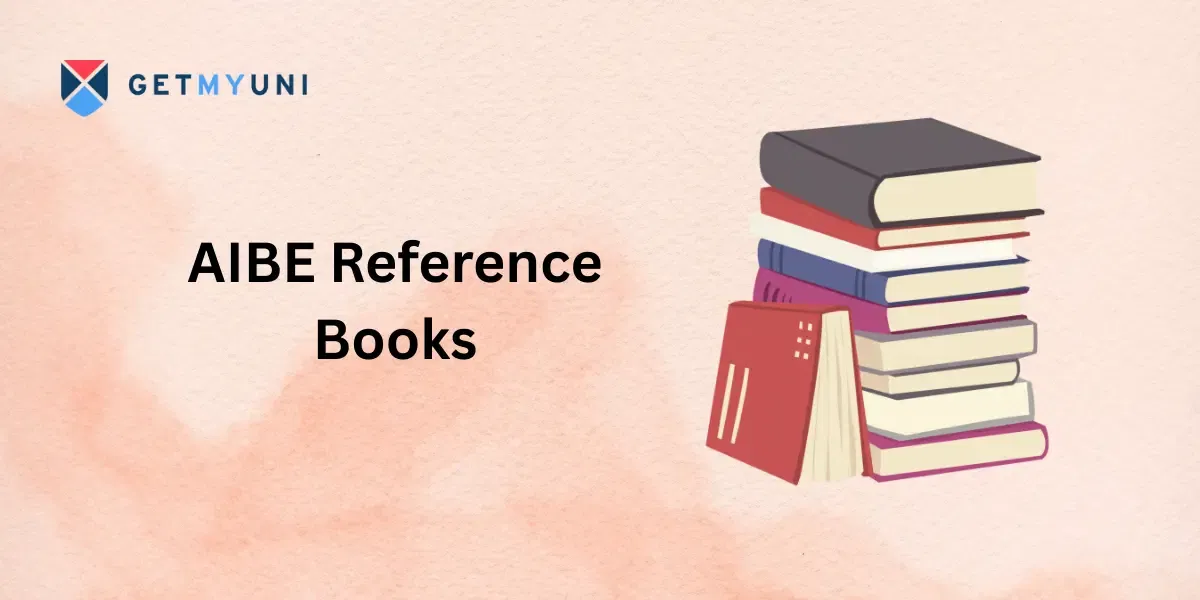
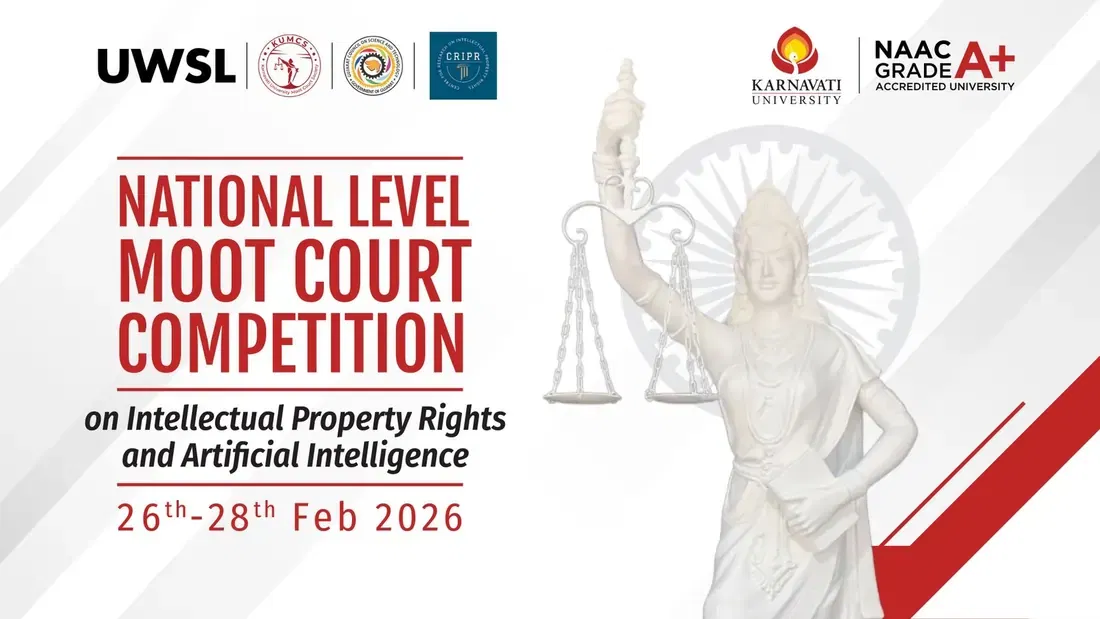
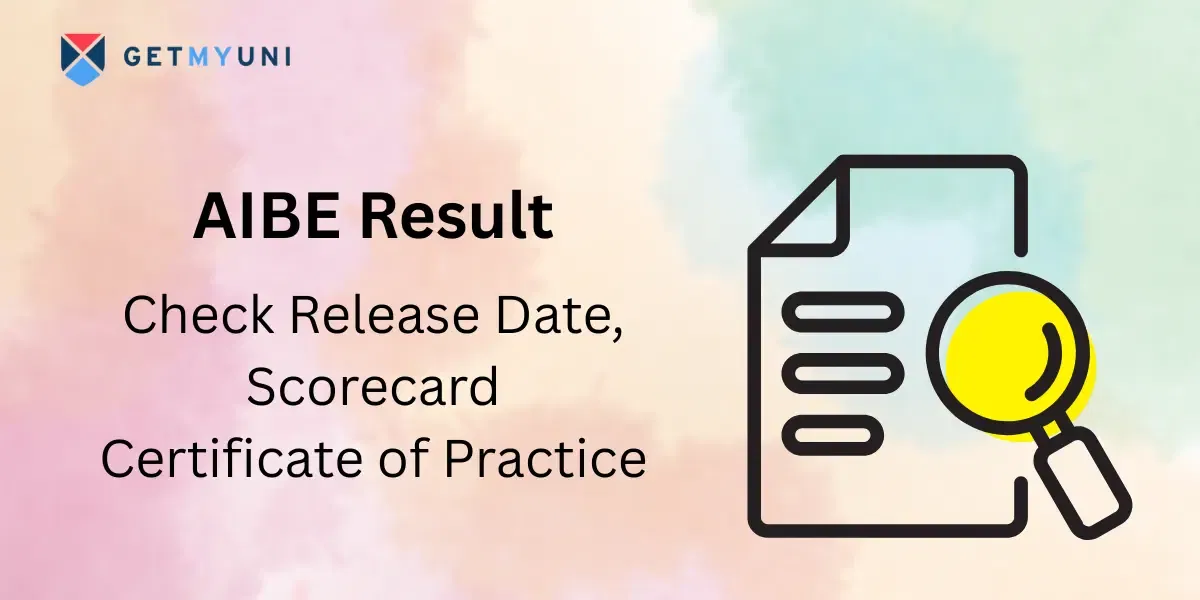











POST YOUR COMMENT